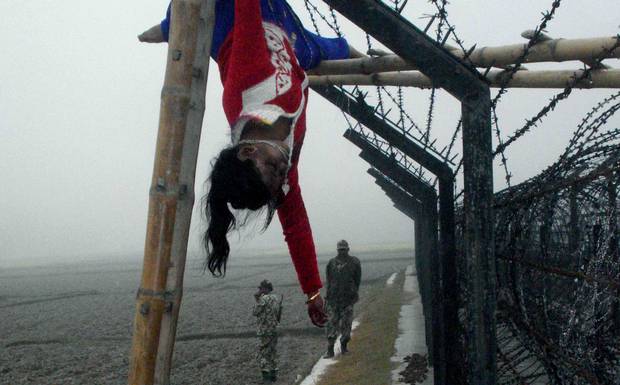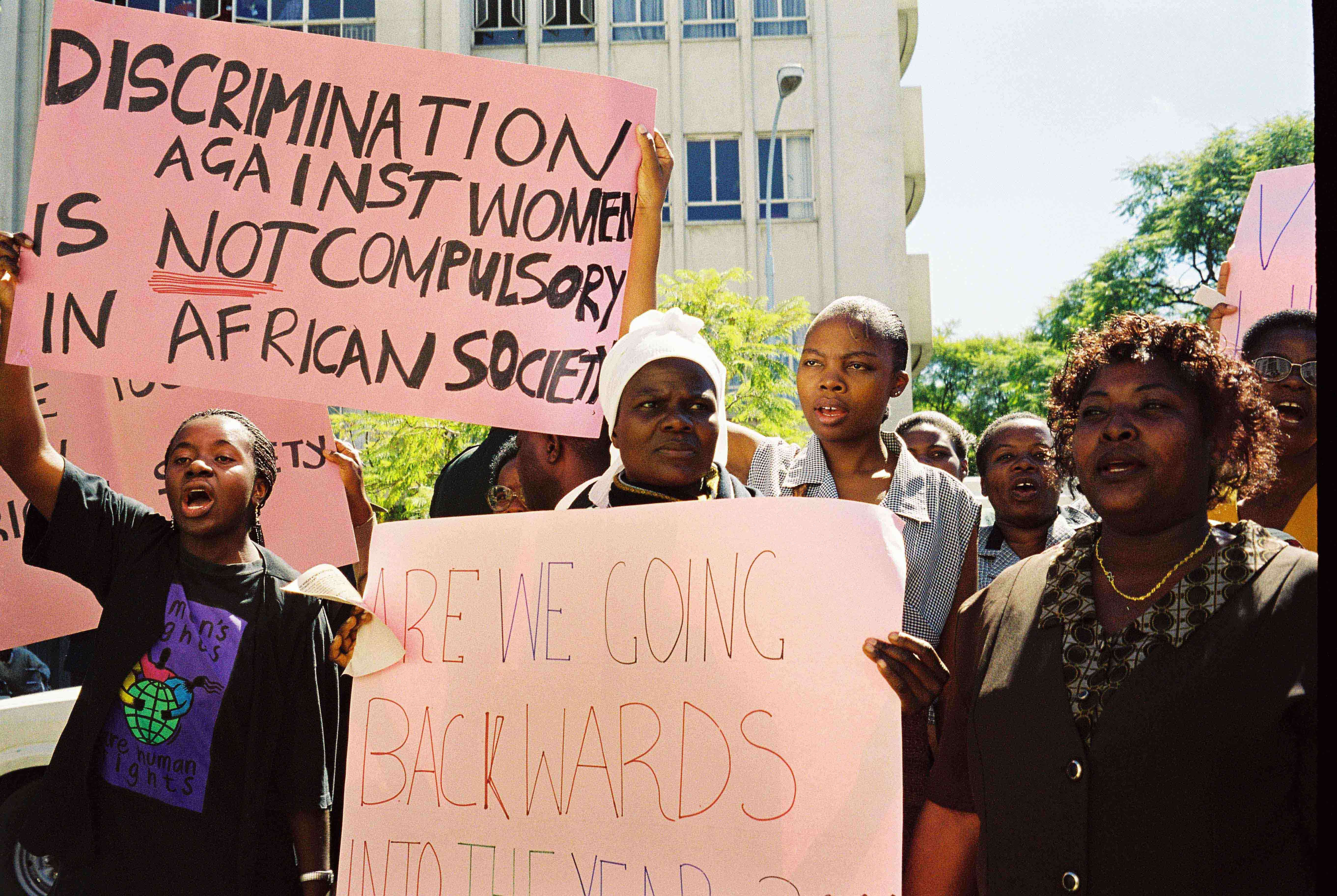
Children, girls and boys, are being killed by Indian soldiers on the India-Bangladeshi border. Each time it happens, the State claims grief and promises never again. The most recent girl to suffer this indignity, last week, was a fifteen-year-old girl named Felani:
“Indian border forces have handed over to Bangladesh Rifles (BDR) the body of ‘Felani’, 15, who was shot dead on Friday as she had gotten entangled in barbed-wire while crossing the border.… In the meeting, BDR condemned the brutal killing of the teenaged girl. BSF had expressed its grief over the incident and assured that such incident will not take place in future.”
What is to done with the grief of States expressed each time border troops kill or maim someone? What is the worth of their repeated assurances? Where is the future in which border guards will not shoot at children caught on barbed wire? And what is the name of the space that separates the dead body of 15 year old Felani, about whom the State is silent, and `the incident’ over which the State expresses its grief?
Apparently Felani and her father left their home in Bangladesh ten years ago and crossed into India. They were on their way home because a marriage to a local boy had been settled. Felani’s father successfully scaled the border fence. Felani got tangled up in the barbed wire and started to scream. The Indian Border Security Forces heard the screams, saw the girl, came, shot her and waited for her to die. Some say she bled and screamed for four hours, others say for less time. Whatever the duration, Felani, a fifteen- year-old girl, hanging upside down from the border fence, riddled with bullets, bleeding and screaming, died. The BSF then waited and finally cut her down and carried her away, hands and feet bound to a pole, like so much animal carcass. A day or so later, they arranged the meeting where they returned the body and expressed grief … over the incident.
Bangladeshis, and Indians, have expressed outrage at the incident and shock and disgust at the photographs. But who expresses grief at the border fence?
According to a Human Rights Watch report issued just last month, the Border Security Forces at that particular border are `trigger happy’. Children, such as 12-year-old Rumi Akhter Nipa, are routinely, randomly and indiscriminately shot. What do girls, like Rumi, want? According to Dr. Abdus Samad who treated her, she simply wants a daily life, to start school. What do children, like Rumi Akhter Nipa, get? “A pattern of grave abuses”. And, as Felani’s story suggests, they are to be considered the lucky ones.
The borderland is a graveyard. As long as the State, any State, is ruled by security first, as long as the borders are considered primary and the crossers, with or without documents, are secondary, the borderland will remain a graveyard. That is the reason that “despite numerous complaints no member of the BSF has been arrested, much less held to account in civilian courts.” Hundreds of Bangladeshis and of Indians have been killed and not a single member of the BSF has been arrested. Felani is not alone.
Grief emerges from graves, not from incidents. Apologies cover incidents, shrouds cover the bodies of the dead. The State of India expresses its grief? And Felani is dead.
(Photo Credit: BDNews24)
